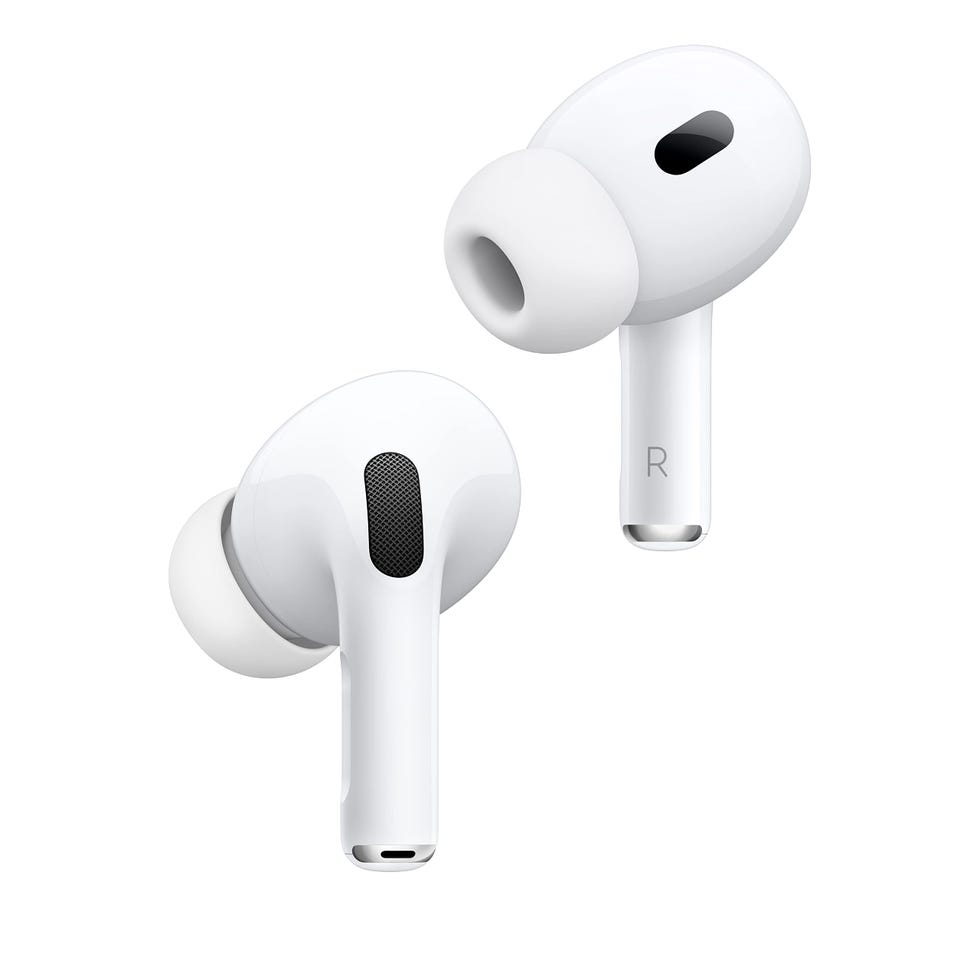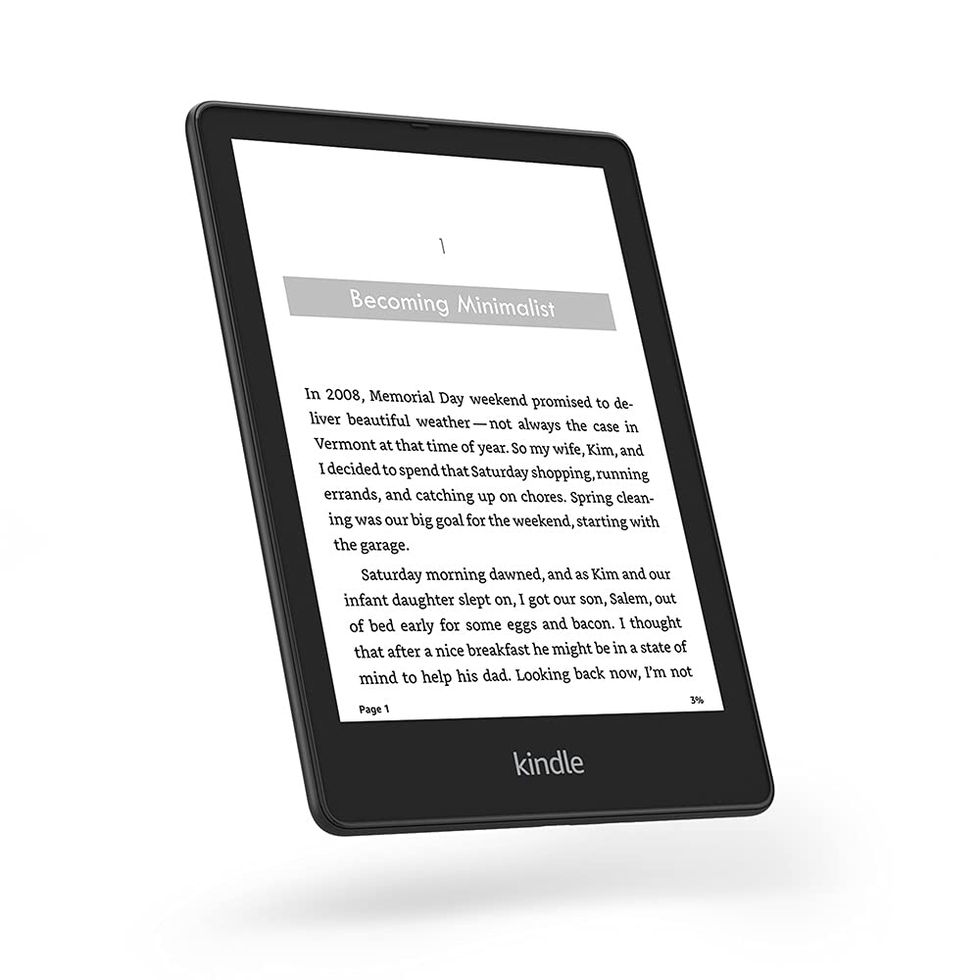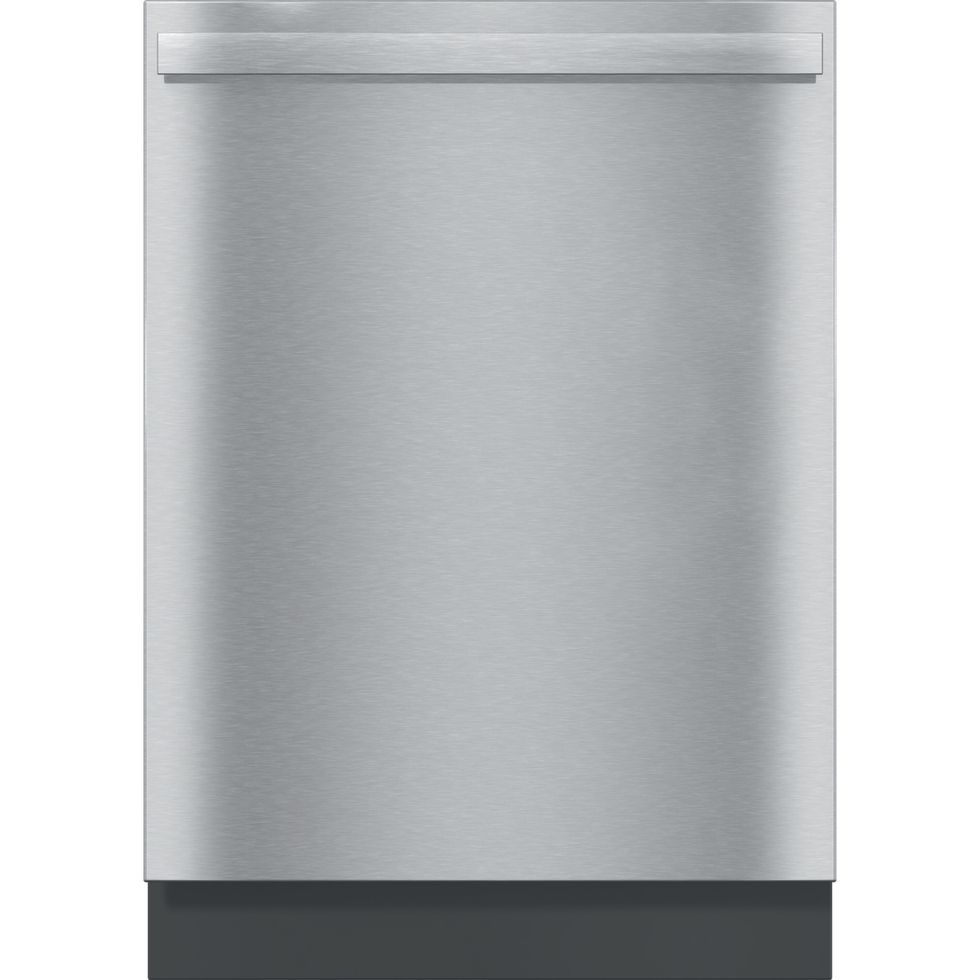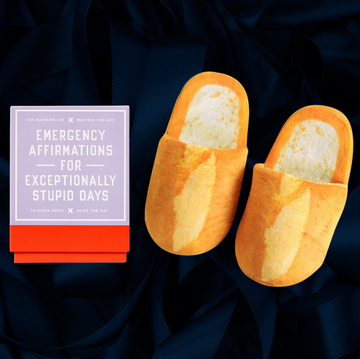Earlier this month, President Trump announced new, higher reciprocal tariffs on imported goods from certain countries — followed shortly afterward by the announcement of a 90-day pause on most tariffs, capping them at 10% across the board, with the exception of those imposed on China.
In the days leading up to the pause, you may have seen social media posts and articles urging Americans to stock up on essentials, non-perishables and even big-ticket items like cell phones and cars. Now that there's a temporary reprieve, you might be wondering whether it's smart to make certain purchases now while prices remain somewhat stable.
"With all the hype in the headlines and volatility in the market, it's understandable that people are questioning whether they should take action today," says Deana Healy, a certified financial planner and vice president of financial planning and advice at Ameriprise Financial. While it may be tempting to impulsively buy a new cell phone or run to the store to stock up on toilet paper, financial experts agree: You don't want to start panic buying. That said, the experts we spoke with say it could be worth purchasing certain items that are expected to go up in price if the tariffs take effect — especially if you need them.
Read on to find out which products could get more expensive soon, and what financial experts recommend doing during this 90-day window.
When will the tariffs take effect?
The tariffs were originally set to begin earlier, but on April 9, President Trump announced a 90-day pause on most of the higher rates — with the exception of those imposed on China. This means many food items, materials and consumer products won't be subject to increased tariffs just yet, giving Americans more time before potential price hikes hit store shelves. But even if the tariffs do go into effect after the 90-day window, their impact likely won't be immediate. "Retail items don't react in a few days — it takes a few weeks," explains certified financial planner Scooter Thomas.
Why financial experts advise against panic buying
Thanks to the 90-day pause on most of the proposed reciprocal tariffs — with the exception of those on China — there’s less urgency, but as the weeks pass and negotiations unfold, you may feel the urge to shop. But before rushing to the store, know that most financial planners advise against panic buying. "I always recommend avoiding the temptation to make emotional decisions," says Healy.
Instead, Thomas recommends evaluating your needs — regardless of potential tariffs. “I get a lot of calls from people asking, ‘Should I go buy a car right now?’ And I ask, ‘Well, do you need a car?’” he says. The key, he explains, is to differentiate between wants and needs. While prices on items like iPhones may increase, “Do you really need a new iPhone? Maybe not, right?” he adds.
In short, don’t rush to buy a big-ticket item like a TV, car or cell phone just because prices might go up. Instead, ask yourself: Would I be making this purchase anyway? And keep in mind that retail prices fluctuate all the time — so you can never really guarantee a consistent price for any item.
That said, if your phone has a cracked screen, your car lease is ending or your headphones are falling apart, now might be a smart time to replace those items. “TVs, handheld electronics, your Beats headphones — all are about to be very expensive,” Thomas notes (if the tariffs take effect, that is). Still, with the pause in place and uncertainty around what tariffs will actually take effect, he says it may be best to hold off and plan strategically rather than make hurried decisions.
Which products are most likely to be affected by the tariffs — and what should I buy now?
Generally, items that are entirely made and shipped from countries facing higher reciprocal tariffs are the most likely to see price increases — especially if brands pass some of the added manufacturing costs on to consumers. While it’s hard to predict exactly which U.S.-made products will rise in price or by how much, we can look at the tariffs that are set to take effect and the types of products that rely on materials from foreign countries.
While panic buying isn’t the move, there are a few everyday items you might want to pick up while prices are still relatively low. Of course, you can’t exactly stockpile fresh produce (though frozen fruits and veggies are a great option if you’ve got the freezer space!), you might consider stocking your pantry with staples that could see price increases. Likewise, you may also want to consider purchasing certain tech products and appliances if you know you need an upgrade anyway.
Technology, home appliances and cars
As of this writing, China is still facing a 125% reciprocal tariff (or higher). Many major tech companies — including Apple, LG Electronics, GE Appliances and Beats by Dre — rely heavily on manufacturing in China. If the tariffs take effect, some of the steepest retail price hikes are expected in tech products. Everything from computers and headphones to televisions, washers, dryers, dishwashers, refrigerators, vacuums and even cars could see a noticeable increase in price.
While you don't want to buy things you don’t need, if you know you’ll need an item within the next six months or so — after the tariffs are likely to take effect — it may be wise to purchase now. For instance, if your car lease is ending soon and you’ll need a new vehicle, Catherine Valega, an enrolled agent and certified financial planner at Green Bee Advisory, believes prices are likely to be better now than they will be six to twelve months from now.
Domenick D'Andrea, AIF, CRC, CPFA, a financial advisor and co-founder of DanDarah Wealth Management, also emphasizes the importance of reassessing your needs before making impulse purchases. “With the chance of tariffs potentially going back into effect in 90 days, I would look at any major purchase you were already planning to make prior to last week,” he says. So, if you were already saving for a new washer and dryer set, it might be wise to move forward now rather than risk paying more later.
Paper goods including toilet paper, diapers and paper towels
In a statement released by the Consumer Brands Association (CBA) on April 2, Vice President of Supply Chain Resiliency Tom Madrecki addressed the potential impact of the tariffs on consumer packaged goods: “[There] are critical ingredients and inputs that need to be imported due to scarce availability domestically,” he said.
This means that even products manufactured in the U.S. could still be affected by the tariffs if they rely on imported materials. For instance, while toilet paper brands like Charmin and Scott are made in the U.S., prices may still rise due to increased costs of key materials like lumber and wood pulp — both of which are subject to the proposed tariffs.
If you find yourself at the store before the pause on reciprocal tariffs ends, Thomas says there's "no harm in grabbing an extra pack" of toilet paper — but there’s no need to make a special trip. “We already saw this during COVID — and we saw how expensive toilet paper got. If everyone rushes out to buy it, prices will spike,” he warns.
Spices, vanilla, cocoa and coffee
In the food category, items like spices, vanilla, cocoa and coffee are all expected to rise in price if the tariffs go into effect. Vanilla extract and many spices are imported from Madagascar, which was on the original tariff list — though that could change following the pause and any future negotiations. The Ivory Coast and Ghana, which together produce about 60% of the world’s cocoa, were also included on the initial list of countries facing reciprocal tariffs.
Brazil and several Southeast Asian countries — the largest contributors to global coffee production — were also on the initial list. While the U.S. typically imports raw coffee beans and processes them domestically, higher tariffs on those imports could drive up manufacturing costs and ultimately lead to higher coffee prices for consumers after the pause.
According to Peter Galbo, a food and beverage analyst at Bank of America Securities, McCormick’s five most popular spices are black pepper, red pepper, vanilla, cinnamon and oregano. Peppers are primarily sourced from India, Indonesia and Vietnam; cinnamon from Indonesia; vanilla from Madagascar; and oregano from Turkey and other Middle Eastern countries. Galbo explains that these spices don't grow well in the U.S., making imports essential — and their prices could rise significantly if tariffs on these countries are implemented.
Produce
Fruit and vegetable prices may rise after the summer season, when the U.S. increasingly relies on imports from countries with climates better suited to growing certain produce.
The good news for consumers, according to Galbo, is that Mexico remains "our most important trading partner as it relates to produce trade." He explains that about 60% of the fruits and 33% of the vegetables consumed in the U.S. are imported — and of those imports, 34% of the fruits and 74% of the vegetables come from Mexico. Thanks to the U.S.-Mexico-Canada Agreement (USMCA), many of these products are currently exempt from tariffs. “We’ll see how it plays out after the pause, but this exempts many options,” says Galbo, explaining that produce covered under the USMCA should remain tariff-free even after the pause ends.
However, not all produce is protected. Galbo points out that the U.S. sources many blueberries and avocados from Peru, especially when they’re not available from Mexico or California. Before the pause, those imports were more likely to be subject to tariffs. It remains to be seen which countries will ultimately face increased tariffs — and which types of produce could become more expensive as a result.
The bottom line: Focus on what you can control
When times are uncertain, it’s completely natural to feel anxious. But rather than making rash decisions — whether it's over potential price hikes or market dips — financial planners recommend focusing on what you can control.
Across the board, nearly every financial planner we spoke with shared the same advice: live below your means, pay attention to prices and save when you can. “There are steps you can take to feel more financially confident,” says Healy. She emphasizes that this isn’t the first time we've faced economic volatility. “The key is to stay focused on your long-term goals,” she adds, and suggests building an emergency fund, assessing where you can cut back and avoid knee-jerk reactions. “It gives you a sense of control over your own situation — even in an environment where things may feel out of control.”
“Pay attention to prices when you're shopping, and look for smart swaps,” says Valega. “If you’re planning to make a broccoli salad and broccoli is wicked expensive, but cauliflower is staring at you for half the price, be flexible with your recipes and your weekly food plan.”
Instead of rushing to buy items just because prices might go up, D’Andrea suggests putting that money toward must-haves or paying down debt, if possible. “If you can lower your overall debt, it will help you weather a potential recession by freeing up cash to cover rising costs or lost wages,” he explains.
Isabella (she/her) covers commerce and product-related content in the home, lifestyle, fitness, technology and beauty. She graduated from Binghamton University in 2022 with a bachelor’s degree in English: Literature & Rhetoric. Before joining GH, she was an editorial assistant at Prevention, where she covered health topics and celebrity news.




































